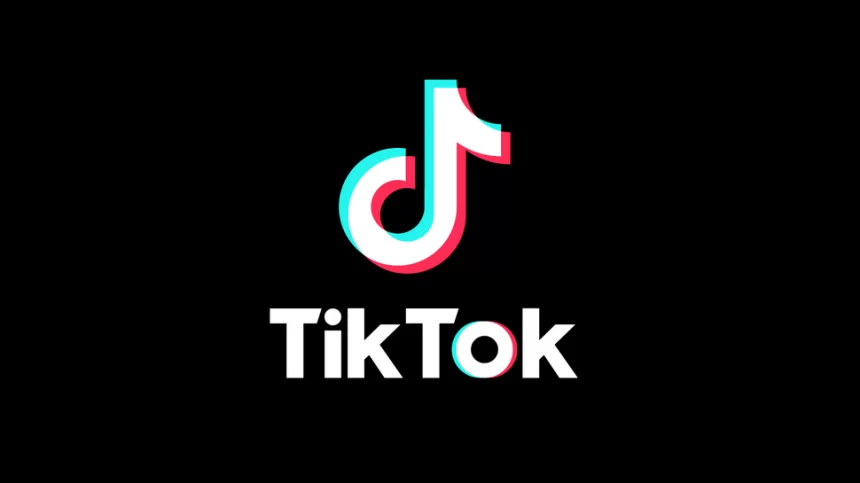In a move that could reshape the social media landscape in the United States, the House of Representatives overwhelmingly passed a bill on Wednesday that would effectively ban TikTok or force its Chinese owner, ByteDance, to sell the popular video-sharing app. The legislation, titled the “Protecting Americans from Foreign Adversary Controlled Applications Act,” reflects growing national security concerns surrounding TikTok’s ownership and its potential ties to the Chinese government.
The House vote, with 352 lawmakers in favor and only 65 against, showcased a rare moment of bipartisan agreement in a politically divided Washington. House Speaker Mike Johnson, a Republican, hailed the vote as a message against “Communist China’s attempts to spy on and manipulate Americans.” He urged the Senate to follow suit and send the bill to President Biden for his signature.

However, the future of the bill in the Senate remains uncertain. While the White House has indicated President Biden’s support for the legislation, some key Senators express apprehension about such a drastic move. This is particularly concerning for TikTok, which boasts a massive user base of 170 million Americans.
TikTok vehemently denies any connection to any Chinese government data collection efforts. The company claims to have restructured its operations so that US user data remains within the country with independent oversight. Despite these assurances, national security concerns persist, fueled by China’s history of data collection and its potential for manipulation.
In a statement, a TikTok spokesperson criticized the House vote, calling it a “rushed process” that resulted in a “ban.” The company highlighted the potential economic impact of the bill, emphasizing its support for 7 million small businesses and its importance to its 170 million American users.
The move against TikTok also carries echoes of the Trump era. Former President Donald Trump had previously attempted to wrest control of TikTok from ByteDance, but his efforts were thwarted by US courts. Interestingly, Trump now opposes the House bill, fearing it would strengthen Meta, the owner of Facebook and Instagram, which he has labeled an “enemy of the people.”
This unexpected turn of events from Trump further complicates the issue. Additionally, previous attempts to ban TikTok have faced legal challenges due to concerns about violating free speech rights. A state law in Montana banning the platform was recently suspended by a federal court on these grounds.
The House vote marks a significant development in the ongoing saga surrounding TikTok in the US. While the future of the bill remains uncertain, it signals a rising tide of national security concerns that could potentially reshape the way Americans access and use this popular social media app.



Leave a Reply